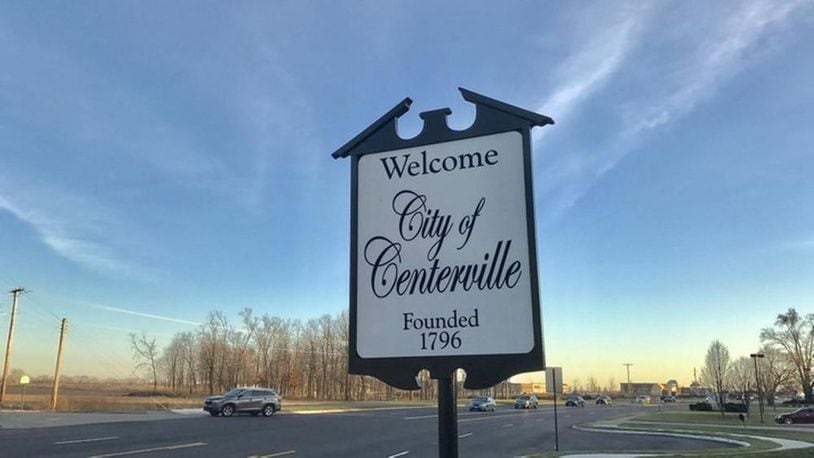Centerville’s law had prohibited panhandling in a number of places, among them on private property if there’s a no solicitation sign, or if the panhandler did not get permission from the owner. It had banned soliciting money from drivers or passengers getting in or out of a car, at bus stops and within 20 feet of people waiting in line for an event.
Scott Liberman, the city’s municipal attorney, told members of council that a 2015 U.S. Supreme Court ruling equated panhandling with First Amendment rights, and that caused many communities to eliminate restrictions on it.
The Supreme Court’s decision in Reed v. Town of Gilbert determined that panhandling is a form of free speech.
“The case actually dealt with signs, but it has been used as a new way to look at how the First Amendment is applied,” Liberman said. “Over the last couple of years, the courts have determined that based upon that Supreme Court decision, that panhandling, when someone is out there asking for money, that is a protected First Amendment right of free speech.”
MORE: Dayton OK’s ‘road safety’ law, but critics say it criminalizes being poor and panhandling
Liberman said that after the ruling, some around the country and in Ohio have challenged anti-panhandling ordinances very similar to the one Centerville had on the books.
“If you recall, when we put our ordinance in place, a lot of cities around us were doing the same thing,” he said. “Part of the reasoning at that time was that it was tested and legal.”
Dayton two years ago repealed its ordinance. Then, in May of 2018, city leaders passed an ordinance prohibiting pedestrians from getting within three feet of vehicles that are in operation along 51 of Dayton’s busiest and most dangerous roadways.
The city also outlawed loitering on the medians or traffic islands of the specified highways and streets and prohibits people from engaging in begging along these roadways unless the vehicles are parked at the curb or shoulder.
“Without the law, we have other laws in effect that are helpful,” Liberman said. “For instance, we can regulate people who are standing by highways or in the streets or right-of-way.”
On private property, Liberman said property owners can call law enforcement and have unwanted persons trespassed off the property.
Avery Mitchell, who moved to Centerville from Dayton, said he can see both sides of the panhandling debate.
“I’ve lived both sides of that life. I’ve lived in the side where me and my mom have had to struggle to get money at certain times, and then being able to build ourselves up to live in such a nice community like this. I think it can be a real, real eye-opener,” he said.
About the Author
